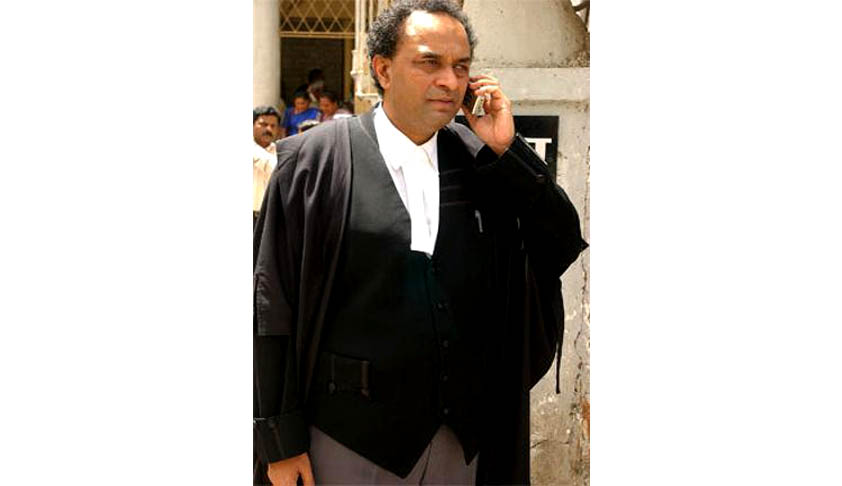Attorney General Mukul Rohatgi has advocated the repeal of Arbitration and Conciliation Act 1996, advising a new law with emphasis on timely settlement of business disputes and fixing greater onus on arbitrators against delay. The move is being seen as facilitating the Government’s plan to provide a business-friendly environment for foreign investors. Rohatgi had been approached by the...

